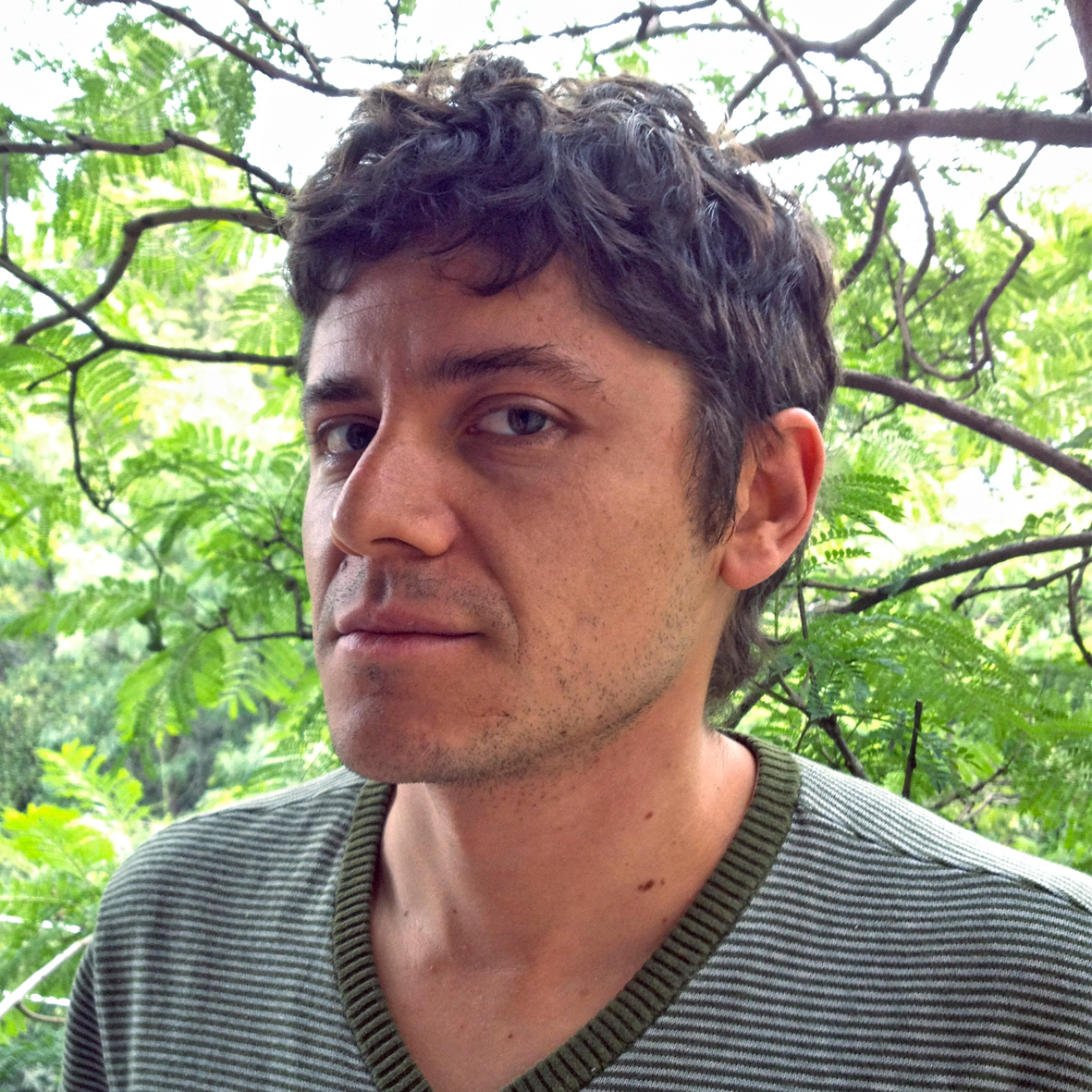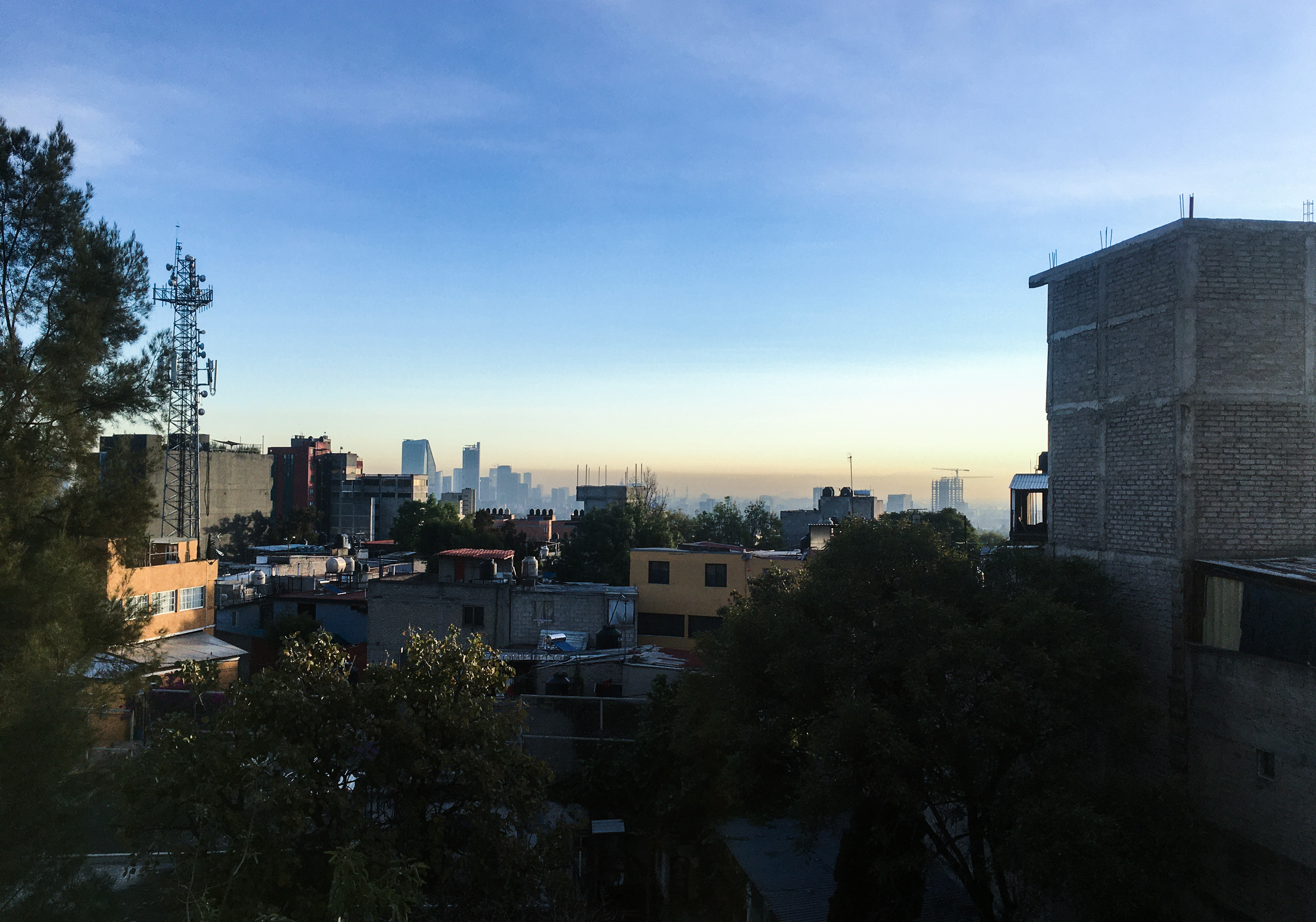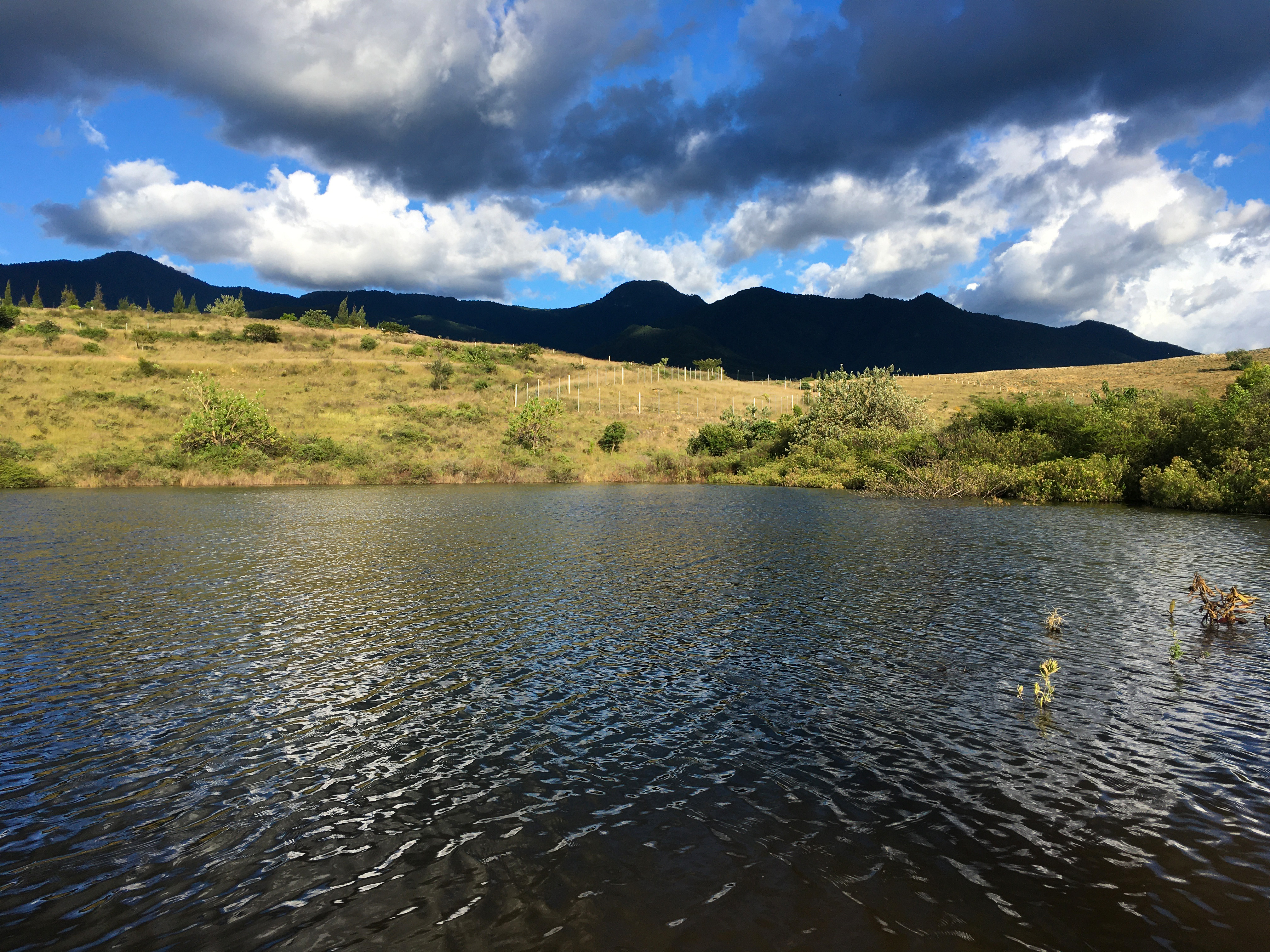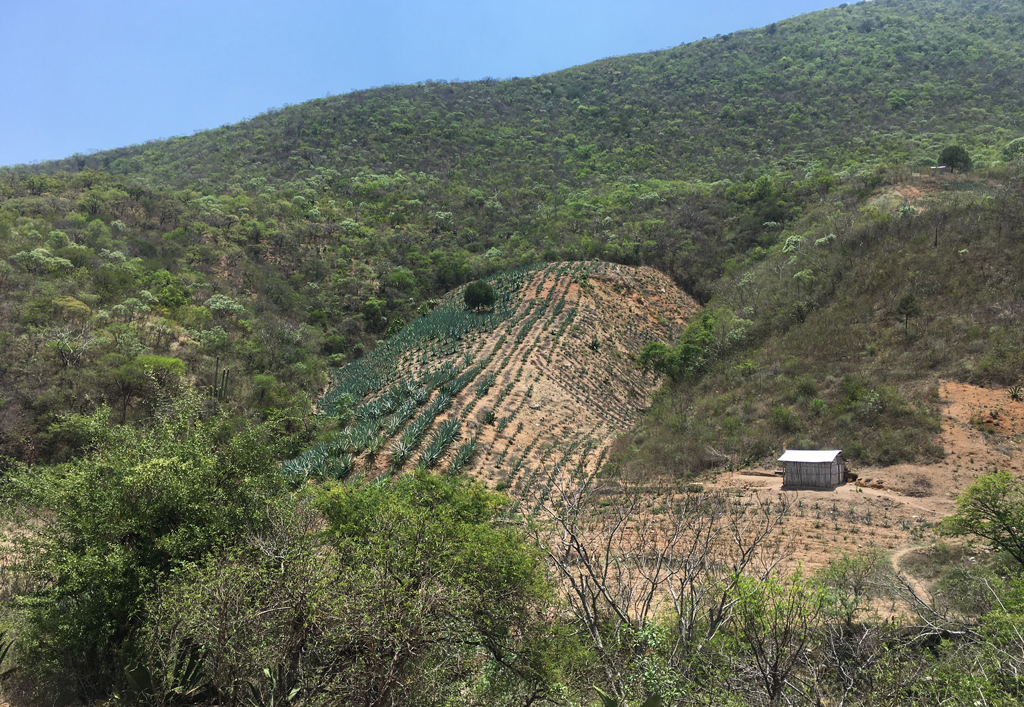Landscapes of sufficiency
by: Nicolás Pradilla
Beyond monocultures disguised as traditional forms of agriculture by the industrial imaginary, there are spatial modes of production that have been practiced for centuries in forests, wetlands and plains that refuse to assume the erosion of exploitation and reproduce life together with earth others.




